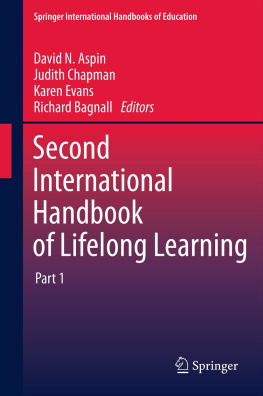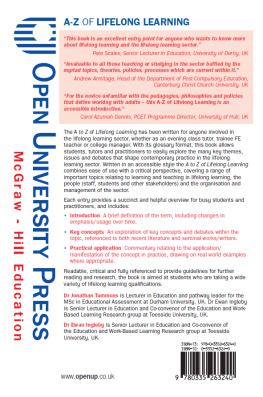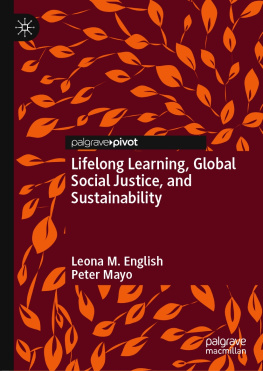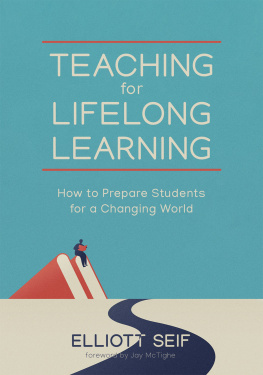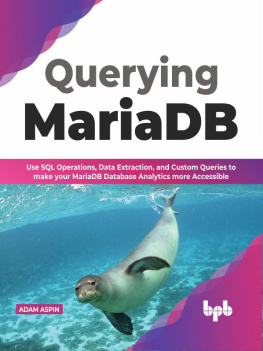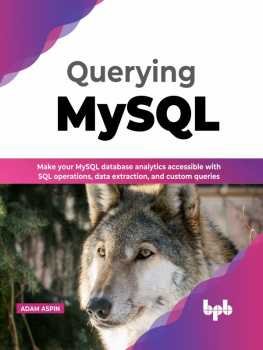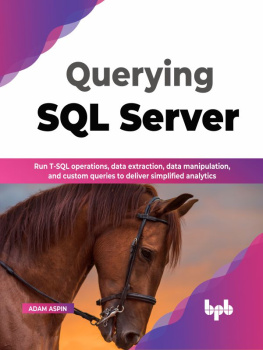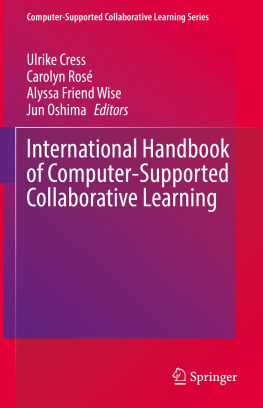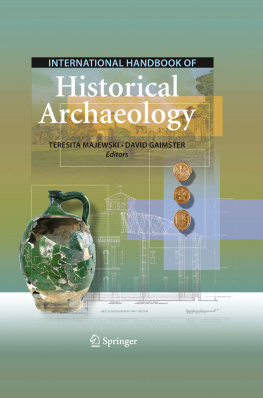David N. Aspin , Judith Chapman , Karen Evans and Richard Bagnall (eds.) Springer International Handbooks of Education Second International Handbook of Lifelong Learning 2012 10.1007/978-94-007-2360-3_1 Springer Science+Business Media B.V. 2012
1. Towards a Philosophy of Lifelong Learning
Introduction
In the thinking and activities of those working in educating institutions these days, there is always so much to do connected with the realities of the financing, staffing, delivering and evaluating educational programmes that there seems little time to concentrate on anything else. It is not surprising therefore to find that questions of a more profound kind are generally put to one side, either to await those rare opportunities when there will be an opportunity for more serious reflection or to consign such matters to the advice of experts or theorists whose time can be given over to such matters, separate and aside from the real problems. This is particularly so with philosophical questions. In this chapter, we hope to show that attention to the philosophical questions that are part and parcel of thinking about lifelong learning is not only a crucial and indispensable element of the framework within which lifelong learning programmes and activities are conceived and articulated, but also that the conclusions that are reached as a result of philosophical enquiries have practical implications for developing programmes, curricula and activities of a lifelong learning character.
Philosophy is often thought of as urbane and cultivated sermonising (OConnor ), involving a highly technical and rigorous exercise in the analysis and clarification of the meanings of words.
As we see it, the adoption of an appropriate philosophical approach to enquiries about lifelong learning will depend, as much as anything else, upon the nature of the problems being looked into; the intellectual histories and interests of those tackling it; the outcomes at which they are aiming; the considerations that make their selection of particular categories, concepts, criteria and procedures significant or determinative in the framing of questions, the conduct of enquiries and the judgment of what shall count as valid answers or good theories; and the reflections that make certain moves in their arguments and theorising decisive.
Thus, in attempting to put into play our own version of philosophy, we need to be clear about the questions that we believe will loom large in our consideration of lifelong learning and the things that we hope will emerge from philosophical enquiries into it. Our work in this area leads us to think that there is a number of topics, issues and problems that ought to be looked into and that these are concerned, amongst other things, with the planning, provision and assessment of activities in educating institutions of all kinds, both formal and post-formal, concerned to promote and expand opportunities for learning experiences and activities for all across and through the whole of their lifespan.
The first of these questions concerns the ways in which lifelong learning might be defined, characterised and understood; the second concerns how lifelong learning might be brought about; the third concerns the kinds of knowledge, understanding and skill that people might want or need to acquire and what the status of their claims to have acquired such knowledge might amount to; the fourth draws attention to the ways in which people will be able to learn, understand and make progress in their lifelong learning endeavours; and the fifth concerns the grounds on which lifelong learning programmes can be justified and adopted. Any or all of these will also therefore probably make some demands on a wider framework of philosophical, methodological, epistemological, pedagogical and ethical concerns within which lifelong learning undertakings are more generally to be understood and the ways in which substantive theories about them may be appraised, compared, criticised and, if necessary, improved.
In attempting to show how one might go about framing answers to such questions, we shall need to draw upon the insights offered by a range of philosophical approaches. For example, the deeply held beliefs, values and attitudes, to which everyone is committed, are often hidden and only become explicit or public through the expression of our preferences, ambitions, political, economic or moral decisions, and through our observable involvement in a particular pattern or certain form of life. It is, however, those hidden, underlying assumptions and preconceptions that are crucial in determining the influence of our theories not only upon our undertakings in promoting lifelong learning but also upon the aims and content of the kinds of programmes and activities we believe should be offered under the heading, in the name and for the purpose of preparing, promoting and providing opportunities for learning across the lifespan.
One element in our approach, therefore, will be some attempt to identify and throw light on some of the presuppositions that underpin and serve to define the form of life within which we believe that lifelong learning enterprises are most appropriately located and take place. Such analysis is not undertaken simply for its own sake, however, but for particular reasons. It is undertaken, for one thing, in an attempt to promote clarity and soundness in our theoretical understanding. This is a task that we regard as being of vital importance: one cannot promote clarity of thought, soundness of argument and rational decision-making in policies of and amongst participants in lifelong learning programmes if, as policy-makers and educators, we ourselves are unaware of or unclear about those elements, principles and criteria that lay the basis for decision-making about our own work, especially when these may not be self-evident but require public expression and justification.
Such analysis is also undertaken in the attempt to provide us with the second element in this study, which is devoted to the endeavour of developing a theory or set of theories and constructing a theoretical framework against which present day programmes and activities of lifelong learning could be tested to see whether the practice matches the principles. In this way, we should be able to discover where there are weaknesses, deficiencies, omissions or errors and thus be able to determine what amendments, refinements or even wholesale restructuring might be needed in order to bring about a close fit. The purpose of this kind of investigation, then, is to consider the theories with which we or other people active in the field are working and to engage in the crucial task of theory examination, theory comparison and theory criticism, correction or even replacement. Philosophy viewed in this way becomes not merely an exercise of analysis for the purposes of clarification, but an undertaking of theory criticism and construction in order that the undertakings themselves shall be based upon sound principles, such as those of economy, simplicity, coherence, consistency, fecundity and capacity for successful prediction (see Lycan ).

